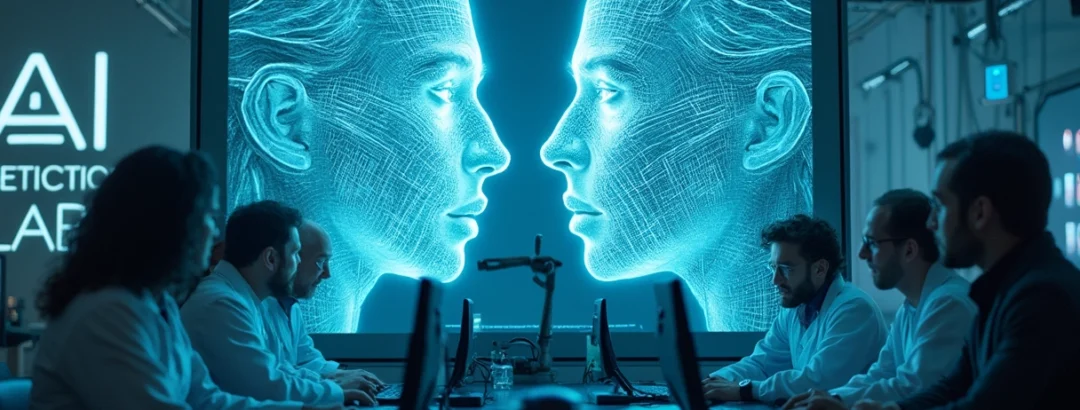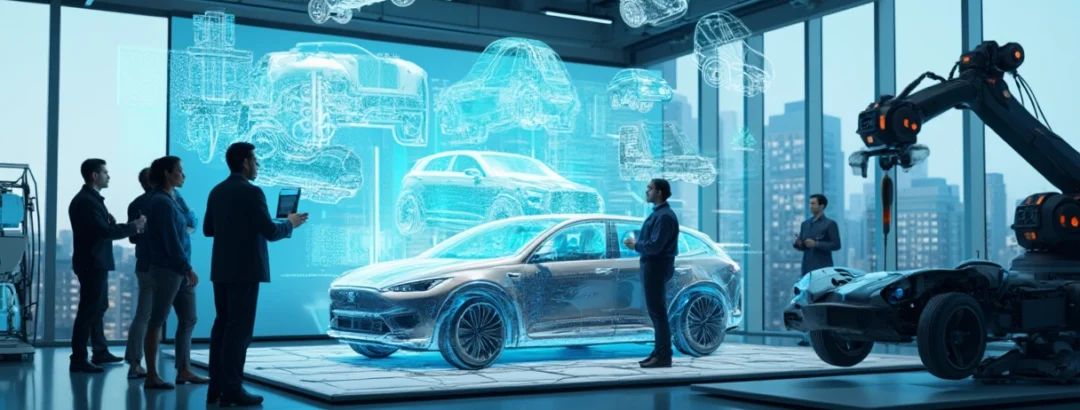The landscape of employment is undergoing a significant transformation as artificial intelligence (AI) continues to advance at an unprecedented pace. According to recent findings from the American think tank Brookings, approximately 30% of all jobs in the United States are now at risk of automation. This statistic underscores the far-reaching impact of AI on the job market, particularly with the emergence of generative AI technologies.
Generative AI has demonstrated remarkable capabilities in areas previously thought to be the exclusive domain of human expertise. These include programming, forecasting, writing, creativity, communication, promotion, and analysis. Such advancements present a double-edged sword for the workforce. On one hand, they offer the potential to enhance the skills of millions of specialists, making them more productive, creative, informative, efficient, and intelligent. On the other hand, employers may opt to automate some or all managerial positions, potentially leading to job losses and a decrease in demand for previously sought-after skills.
The Scope of AI’s Impact
Data from OpenAI suggests that generative AI could impact more than 30% of U.S. jobs, with the potential to replace half of the professions in affected fields. This aligns with the sentiment of the workforce, as 85% of employees report that AI affects at least 10% of their responsibilities. Unlike earlier automation technologies that primarily targeted routine tasks, generative AI is poised to replace many cognitive and non-routine tasks, expanding its reach across various industries.
High-paying sectors such as STEM, finance, law, and office and administrative support roles are expected to be among the most affected. However, the impact of AI extends beyond these fields. In education and healthcare, for instance, AI is projected to have a moderate impact. Elementary school teachers may find themselves saving time on evaluations, testing, and documentation, while registered nurses could experience greater flexibility in diagnosing, maintaining patient records, and adjusting treatments.
Varied Impact Across Industries
It’s important to note that the impact of AI is not uniform across all sectors. Tasks requiring personal supervision, such as medical examinations and laboratory work, are less likely to be fully automated. Similarly, industries relying heavily on manual labor are expected to see less disruption from AI technologies. The low-wage service sector, in particular, is anticipated to have less need for generative AI in its day-to-day operations.
As we navigate this evolving landscape, it’s crucial for both employers and employees to stay informed about the potential changes AI may bring to their respective industries. While some jobs may be at risk, new opportunities are likely to emerge as AI technologies continue to develop and integrate into various sectors of the economy. Adapting to these changes and developing skills that complement AI capabilities will be key to thriving in the future job market.





